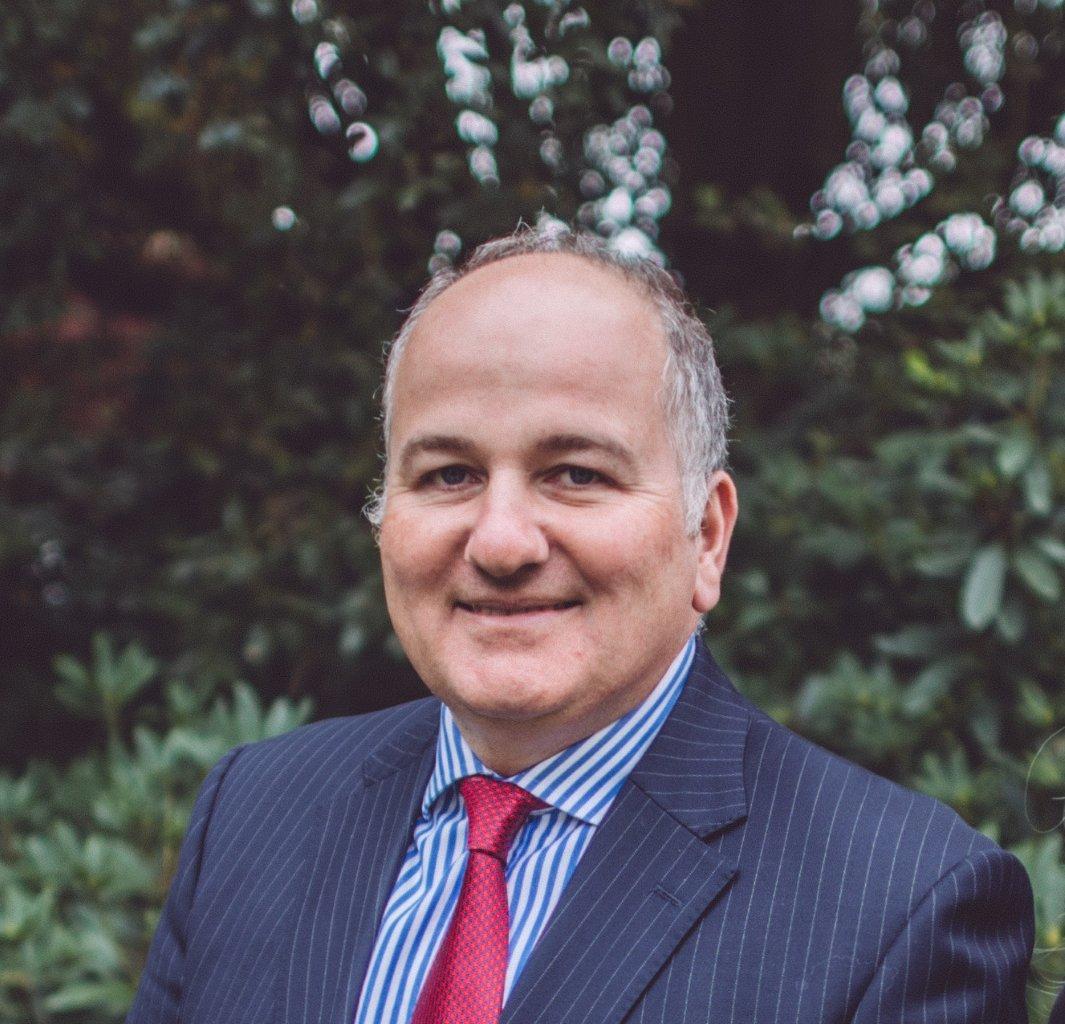What are the fees of an Insolvency Practitioner in the UK?
How much does an Insolvency Practitioner get paid in fees? David Kirk of Kirks explains how and when the fees involved with insolvency are paid in the UK.

What are an Insolvency Practitioner’s fees in the UK?
As insolvency cases vary greatly in size and complexity, there is no such thing as a set ‘Insolvency Practitioner fee’. However, the fees involved with insolvency are usually split into two parts:
- the work done before an Insolvency Practitioner (IP) is appointed
- the work done after the date of the appointment
As it deals with most of the insolvency process, this post-appointment period can often last up to a year, or more in more complex cases.
How are fees decided before an Insolvency Practitioner is appointed?
The work done before an IP is appointed is often on a ‘fixed fee’ or a ‘time cost basis’ (meaning the hourly rate multiplied by the hours worked).
Typically, in liquidations or voluntary arrangements this fee will be a fixed amount and often the IP will ask to be paid this fee before too much work is undertaken to make sure they will be paid. To put it bluntly, IPs don’t want to be a creditor like all the other creditors and in law an IP has the legal right to be paid first as an expense of any insolvency process (after secured creditors).
If the fee hasn’t been paid and agreed before a formal appointment the IP will ask creditors to agree the fee post-appointment.
How are fees decided after an Insolvency Practitioner is appointed?
Post-appointment fees need to be agreed by creditors. This is usually done by a report and then a postal vote. This can be a vote from a secured creditor, a creditors committee or all unsecured creditors. These fees can be based on:
- the time spent / time cost basis (hours multiplied by an hourly rate)
- a fixed fee
- a percentage of assets realised and distributed
It tends to be the IP that decides on what basis to suggest the fees to creditors. In smaller cases this may be a fixed fee, however in larger, more complex cases this tends to be on a time spent basis. It can also be a mixture.
Usually an IP should fix the basis of fees within 18 months of appointment, otherwise fees are based on the Insolvency Service scale rates, which are based on a percentage of assets realised and distributed.
If creditors do not agree or reject the method of payment to the IP, then the IP may well apply to Court for sanction on how to charge fees.
How are Insolvency Practitioners paid?
IPs are usually paid first from the assets within the case. If there are no assets, they may ask for third party funds to cover the costs.
It should be noted that sometimes an IP will not be able to recover all their fees. As the IP has control of the funds they must be very careful not to charge beyond any agreed fee. They can’t take the fee and ask for approval later, with regulatory bodies applying tough sanctions to IPs who break these rules.
How do Insolvency Practitioners report their fees?
IPs set out their fees in a written report to all creditors. If the fees are more than £50,000 then they need to provide even more detail of the work done. Detail also needs to be provided about the expenses, such as:
- agents’ fees for selling assets
- legal costs
- disbursements for advertising
- storage costs of records
The detailed rules about what needs to be provided in England and Wales are set out in Statement of Insolvency Practice 9.
What should you do if you are unhappy about Insolvency Practitioner fees?
If you’re unhappy about the fees, you can request further details of the fees and expenses charged if you and other unsecured creditors hold more than 5 per cent of the creditor claims (or with the Courts permission). You have 21 days to do this on receipt of the report and the reply should explain why the fees are at the level they are. Any secured creditor can do this as well.
If you are still unhappy, the next stage would be to apply to Court to challenge the fees and any proposed expenses or expenses already incurred, within eight weeks of receipt of the report. Any secured creditor can make a similar application to court within the same time limit.
You can also complain to the regulator about fees, though it can be difficult to get them to tackle fees in detail before a court process.

About the author
David Kirk is a chartered accountant and licensed Insolvency Practitioner at south west-based insolvency specialist firm Kirks.
See also
Bankruptcy or an IVA - which is best?
The pros and cons of pre-pack administration for insolvent companies
What restrictions are there during bankruptcy?
Find out more
Find an insolvency practitioner (GOV.UK)
Statements of Insolvency Practice (SIPs) England and Wales (ICAEW)
Image: Getty Images
Publication date: 9 April 2020
